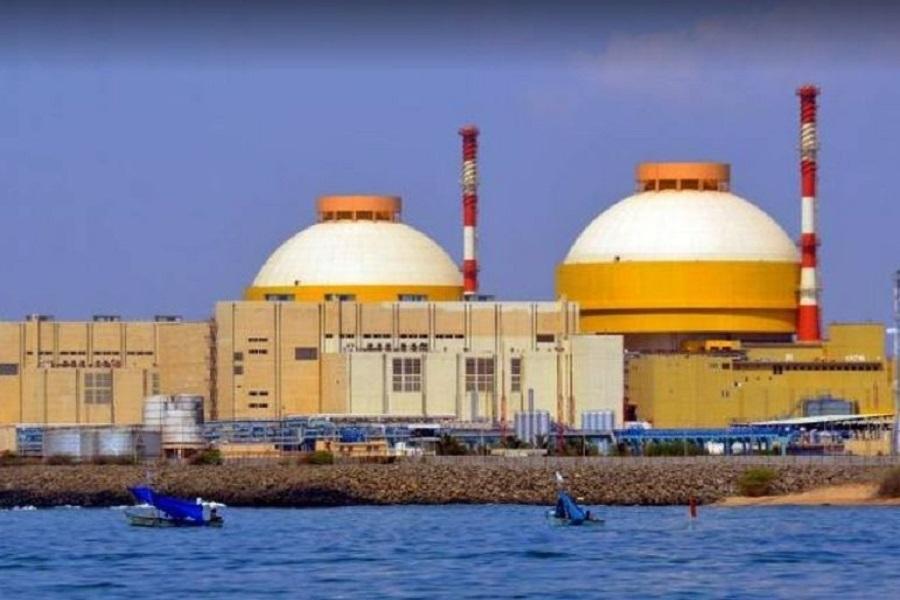
Centre Reviews 100 GW Nuclear Mission to Boost Clean Energy Goals
In a significant move to accelerate India’s transition to a cleaner and more sustainable energy future, the Centre has reviewed its ambitious 100 GW nuclear energy mission. The high-level meeting was convened by Union Power Minister Manohar Lal Khattar and Minister of State for Atomic Energy, Dr Jitendra Singh, on Friday. The meeting comes in the wake of Prime Minister Narendra Modi’s clarion call to expand India’s clean energy basket and achieve Net Zero emissions.
The 100 GW nuclear energy mission is a critical component of the country’s energy security and climate change mitigation strategy. The mission aims to increase India’s nuclear power generation capacity to 100 GW, which will contribute significantly to the country’s clean energy mix. The meeting was attended by top officials from the Ministry of New and Renewable Energy, the Department of Atomic Energy, and other relevant stakeholders.
During the meeting, the Centre outlined key directives to fast-track the 100 GW nuclear energy mission. The directives include:
-
Enhancing Nuclear Power Generation Capacity: The Centre has set a target to increase the country’s nuclear power generation capacity to 100 GW by 2031. To achieve this, the government has planned to install new nuclear reactors and upgrade existing ones.
-
Development of Advanced Reactors: The Centre has emphasized the development of advanced reactors, such as small modular reactors (SMRs) and pressurized heavy water reactors (PHWRs). These reactors will be designed to be safer, more efficient, and cost-effective.
-
Nuclear Fuel Cycle Development: The government has also focused on developing the nuclear fuel cycle, including the production of low-enriched uranium (LEU) and the establishment of a nuclear waste management program.
-
Capacity Building and Human Resource Development: The Centre has recognized the need to develop human resources and capacity building in the nuclear energy sector. This includes training programs for nuclear engineers, scientists, and technicians.
-
International Cooperation: The meeting emphasized the importance of international cooperation in the development of nuclear energy. The Centre plans to collaborate with other countries to access new technologies, share expertise, and develop a global nuclear energy community.
The Centre’s review of the 100 GW nuclear mission is a significant step towards achieving India’s clean energy goals. Nuclear energy is a low-carbon source of power that can play a crucial role in reducing the country’s dependence on fossil fuels and mitigating climate change.
India’s nuclear power generation capacity has been steadily increasing over the years. As of 2022, the country’s nuclear power generation capacity stands at around 6.7 GW. The Centre’s ambitious target of 100 GW will require significant investments in infrastructure, technology, and human resources.
The Centre’s commitment to achieving Net Zero emissions by 2070 is a welcome step towards addressing climate change. Nuclear energy can play a key role in reducing India’s carbon footprint and achieving this ambitious target.
In conclusion, the Centre’s review of the 100 GW nuclear mission is a significant development in India’s energy sector. The government’s commitment to increasing nuclear power generation capacity, developing advanced reactors, and building human resources will help achieve the country’s clean energy goals and mitigate climate change.






